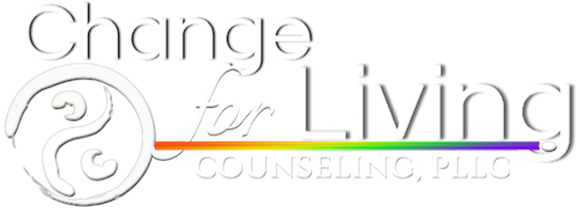Written by: Michelle Topal, MSW, LCSW – LGBT Therapist & Licensed Clinical Social Worker
I might have a gay child. How do I ask them, so I can tell them that I’m supportive?
I have been working with lesbian, gay, bisexual and transgendered (LGBT) kids and the community for many years, and one thing I can say for sure is, it is generally not a good idea to just out of the blue ask anyone, including your child, if they are gay, lesbian or bisexual. So, what’s a parent to do if they think their child may be LGBT and they want their child to know that they are supportive? “Coming out”, that is the process of determining identity, what this means in the person’s life, and how to integrate this, including how to tell people, is a process that each person has to navigate for themselves. While it might be painful to watch your lesbian, bisexual, or gay child struggle, you can’t rush this, figure it out or do it for them. What you can do, is create a responsive, supportive, accepting environment that allows them to explore and figure out who they are, whether they are gay, lesbian, bisexual or straight. This process starts, not when you think your child might be LGBT, but before your child even has language. The more you demonstrate an appreciation for differences in others and your child as they develop, the more you are creating the accepting environment for your child to explore who they are.
Here are some things you can do to be supportive:
-Use inclusive language, so that your are not assuming your child and people in general are heterosexual and that their partners could not be male, female or both.
-Allow your lesbian, bisexual or gay child room to explore their gender expression (more on this in another article), and refrain from making negative or disapproving comments about people who might not be gender conforming.
-To demonstrate inclusivity, make sure LGBT family, friends and colleagues are part of your family’s life and be openly supportive of LGBT people and issues.
-Be patient and sensitive to your possibly lesbian, bisexual or gay child’s process. Many times kids will not share things before they are ready and this may not be a reflection of your relationship with them, how accepting the environment is or concerns that they think you might not be supportive.
-Communicate comfort and openness to all concerns or subjects your child might wish to discuss. Nothing should be off the table or pushed. This is best achieved by appropriate modeling, which means the less you avoid difficult topics and issues, the more you are modeling this for your child.
-In general, don’t make a big deal about things your child talks to you about, or take action that might impact them without their input. Kids are sensitive to parental over-reaction and control, and if they think this is what will happen, they are not likely to share, especially the stuff you really want them to share.
It says wonderful things about you as a parent if you want to help ease your child’s struggles, and communicate support and acceptance of your child who might be questioning or defining their sexual orientation and identity. However, unless your child is sharing this with you, your support is best offered indirectly until your child is ready. Don’t underestimate the power of being a gently supportive presence in your child’s life.
Michelle Topal, MSW, LCSW is an LGBT Therapist that has been offering child therapy, parenting support, & family counseling, as well as working with the LGBT community for over 30 years.






Leave a Reply
Your email is safe with us.